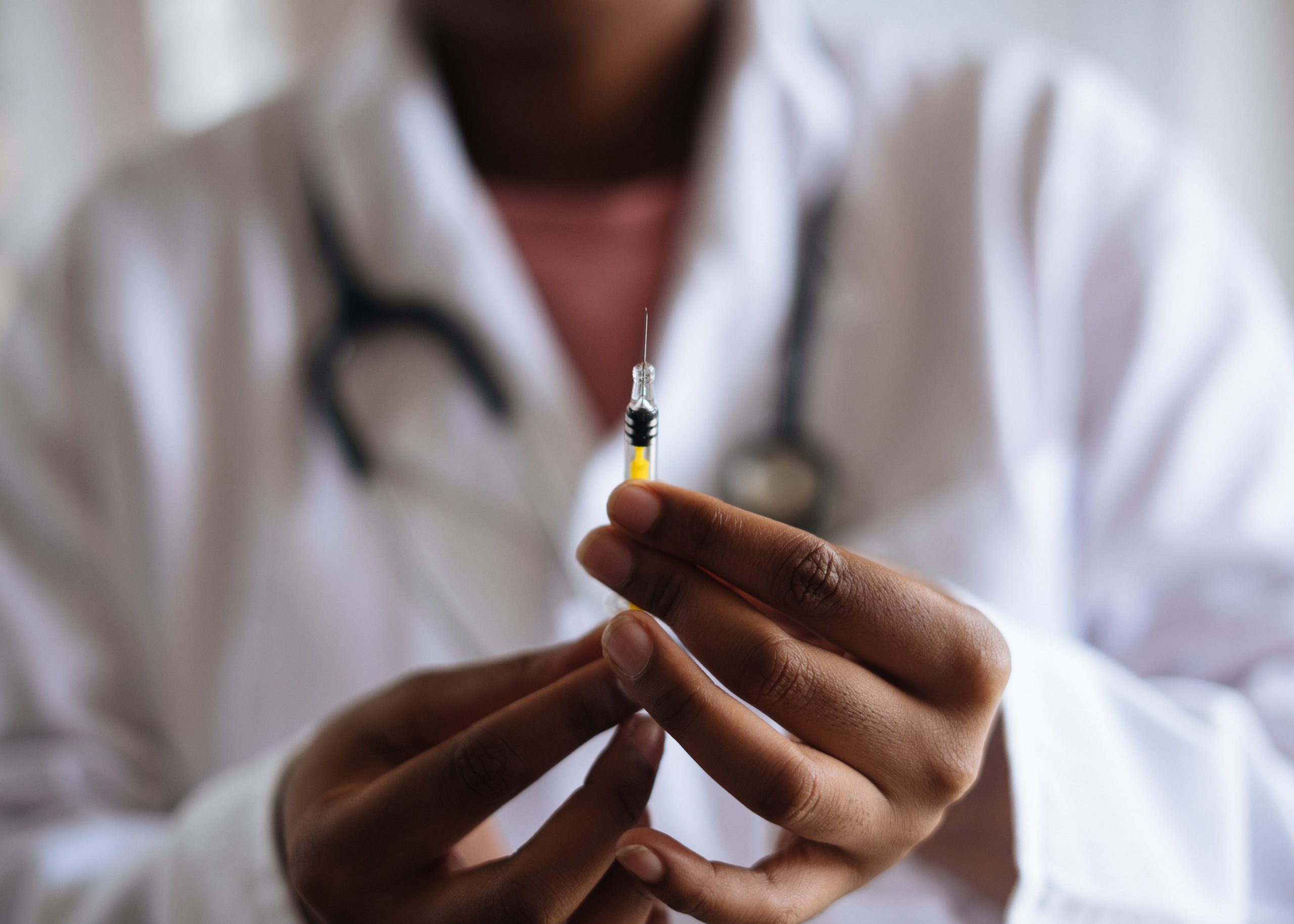10/19/2020
As flu season nears with an expected spike in cases, many companies are rushing to develop a safe and effective COVID-19 vaccine as soon as possible. However, according to the U.S. government’s vaccine project, Operation Warp Speed, when a vaccine is first ready for distribution, there may only be 10 to 15 million doses available, enough to vaccinate only 3-5% of the U.S. population.
This begs the question: what group of people in the United States should receive the first dose of vaccines? Should the young or the old have priority? Should the focus be placed on solving the public health crisis, the social crisis, or the economic crisis? Furthermore, what is an ethical way to begin the distribution of vaccines?
One proposal by the World Health Organization (WHO) seeks to reduce the number of COVID-19 deaths by first distributing the vaccine to the elderly, health care workers, and those that are most vulnerable and likely to severely suffer if contracting the virus. On the other hand, approaches such as the “fair priority model”, aim to minimize the health and economic consequences of the virus. Under this model, the vaccine should be distributed in a way such that it saves the greatest number of lives and prevents both poverty and economic destruction the most.
Current CDC guidelines prioritize those at high risk of infection such as health care workers, emergency medical responders, and even pharmacy staff. Not only are these people high risk, but they also hold essential jobs in society during the pandemic. However, with only 10-15 million doses likely to available in the first round, only a portion of those at high risk of infection are likely to even be able to get the vaccine. Thus, how do those at high risk of infection get further divided and prioritized to get the vaccine?
Additionally, minorities and low-income groups have been impacted the most during the pandemic, contracting COVID-19 at much higher rates and suffering more economically due to deep-rooted injustices in society. Therefore, an argument can be made towards prioritizing groups that have suffered the most during the pandemic.
The ethical question of fairly distributing a vaccine has become extremely important but remains very complex. In the next few months, the United States, and all countries around the world, must make the life-or-death decision on how to distribute a new vaccine. More importantly, this decision should be ethical. However, the question lies in how this is determined. What is the most ethical way to distribute a vaccine?

